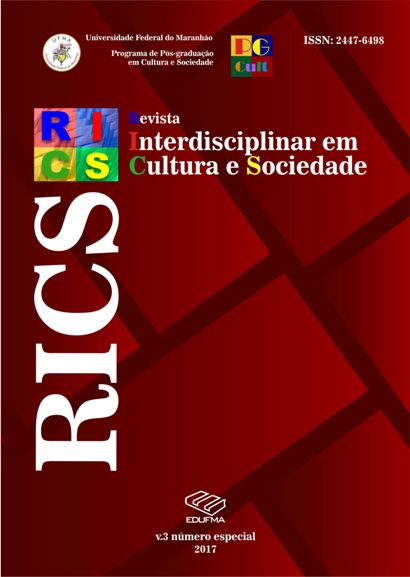Contributo dos jesuítas para o estudo da flora brasileira, no Séc. XVI – Anchieta e Cardim
Palavras-chave:
Cultura, História, Brasil, Flora, Anchieta, CardimResumo
O Brasil foi oficialmente descoberto em 1500 pelo português Pedro Álvares Cabral. Durante o séc. XVI, a colonização europeia foi evoluindo lentamente, quase sempre adentrando os rios, processo que facilitou a descoberta de novas plantas e seus usos. Por serem letrados e estarem melhor habilitados para fazer o registo e a descrição de novas espécies, o clero e, em especial os membros da Companhia de Jesus, legaram-nos relatos de inestimável valor histórico, geográfico, etnográfico e científico sobre a flora brasileira. Este artigo debruça-se sobre os manuscritos de José de Anchieta e de Fernão Cardim, demonstrando que muitas das espécies silvestres ou cultivadas, as nativas como as exóticas, continuam a ser consumidas na contemporaneidade.
Palavras-chave: Cultura. História. Brasil. Flora. Anchieta. Cardim.
Contributions of the Jesuits to the study of Brazilian’s flora in the 16th century - Anchieta and Cardim
Abstract
Brazil was officially discovered in 1500, by the Portuguese navigator Pedro Alvares Cabral. During the 16th century, the European colonisation evolved slowly, usually penetrating the rivers, a process that favoured the discovery of new plant species and their uses. Because they could read and write, the Roman Catholic clergy, and most particularly the members of the Society of Jesus, led us valuable manuscripts on the issue of the Brazilian flora. This paper contributes to reveal the writings of Jose of Anchieta and FernaoCardim, demonstrating that many of the plant species, both wild and farmed in the 16th century, the native American and the exotic flora, are still consumed today.
Keywords: Culture. History. Brazil. Flora. Anchieta. Cardim.
Downloads
Downloads
Publicado
Como Citar
Edição
Seção
Licença

Este trabalho está licenciado com uma Licença Creative Commons Atribuição 4.0 Internacional. Os autores da Revista Interdisciplinar em Cultura e Sociedade mantêm os direitos autorais.


















